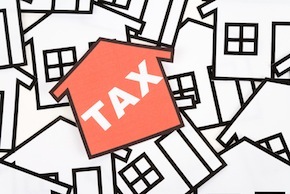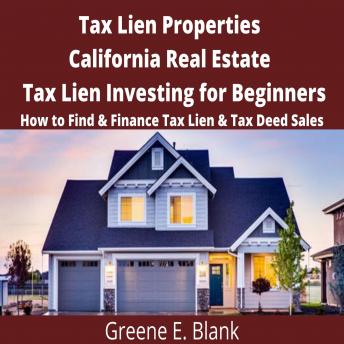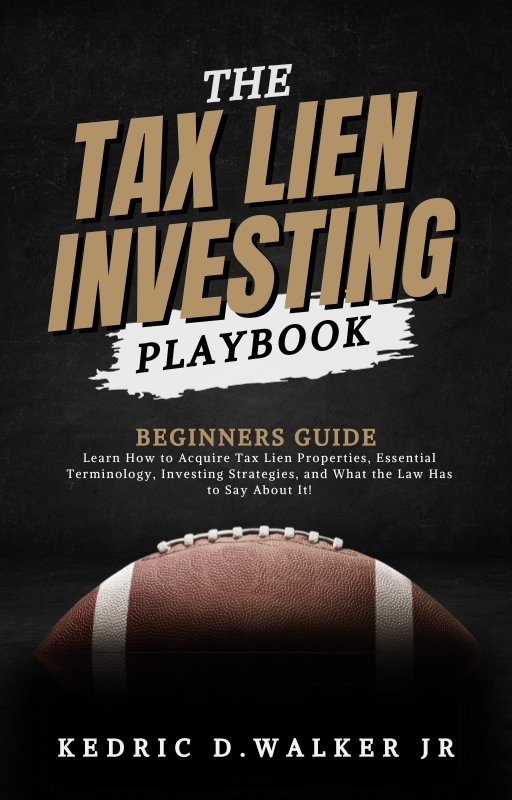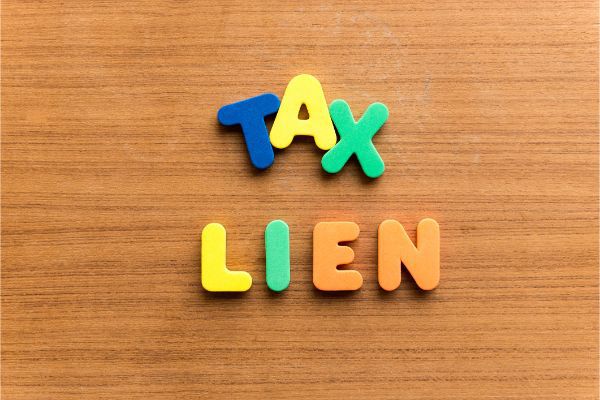All Categories
Featured
If you are interested in the tax obligation lien foreclosure procedure, you must get in touch with an attorney so you comprehend and weigh the threats of this kind of financial investment. - what is tax lien investing
Tax obligation lien sales are one manner in which cities and areas attempt to recoup a few of the public bucks they've spent keeping these residential or commercial properties abandoned by personal owners. However, as we'll discuss in this post,. As soon as residential property taxes are considered overdue, city governments generally concentrate on providing notice of misbehavior and trying to collect the overdue amounts from the owner.
However, this procedure commonly takes years. If an owner has actually left and is unwilling to pay taxes or preserve the property, the city needs to spend tax bucks to preserve the residential property. These costsboarding up the building, mowing thick yard and weeds, replying to fire and police gets in touch with the residential property, and moreadd up

Proprietors who have fallen on hard times definitely need every effort to keep them out of misbehavior and in their homes. But generally, if the residential or commercial property is uninhabited and worn-out, we must think the owner has actually picked to abandon their rate of interest in the residential property which they are "resistant" to pay (though scenarios previously while doing so may have compelled their hand).
Tax Lien Investing Nj
Take, as an example, a single-family home where the owner has long considering that strolled away. For many years the city government has actually had to action in and get rid of waste unloaded in the backyard, board up the doors and windows, and react to calls concerning illegal activity on the building. All these solutions cost the regional federal government taxpayer bucks.
In several states, those costs can be gathered likewise as the unpaid taxes, yet not in all. (Something that Area Development highly advocates in support of.) Ultimately, the total financial debt comes to be above what the residential property could cost. In a tax obligation lien sale (or tax certificate sale) the city government typically holds a public auction where the winning prospective buyer accepts pay one of the most cash for the right to enforce the tax lien, starting with a minimum bid of at least the taxes had, plus appropriate rate of interest, fees, and costs.

When a federal government offers the tax lien they are typically marketing to an exclusive purchaser the city government's authority to gather the financial obligation for upfront settlement of the taxes owed. The buyer's acquisition normally consists of the capability to gain future interest, along with recover associated fees and expenses sustained by the customer, if the homeowner pays the tax obligation financial debt.
This is, in significance, privatization of a core federal government feature: taxation. Tax lien sales are especially bad when it pertains to vacant, deserted, and worn-out properties due to the fact that they extend the period prior to a residential or commercial property can be moved right into the hands of a brand-new, extra responsible proprietor. Private tax obligation lien purchasers hold the debt, yet they do not own the titlethe legal right to possession of the propertyand in a lot of cases, they have no passion in getting it.
How Do You Invest In Tax Liens
Considering budget plan cuts, city governments in numerous states have decreased internal residential or commercial property tax collection and enforcement initiatives and sought to tax obligation lien sales as a fast mixture of earnings - investing in property tax liens (how tax lien investing works). Numerous areas choose or are mandated by the state to sell tax liens since it outsources collection and frequently brings in really needed money earlier in the collection process
By moving the city government's interest in and enforcement of the tax obligation lien to a private buyer, city governments shed much of their adaptability: adaptability to acquire uninhabited buildings that the private market doesn't desire, or to aid the proprietor prevent shedding their property. With vacant homes, there is a much higher opportunity that the private buyer isn't thinking about the residential or commercial property itself.
Tax obligation lien sales can create harm in historically disinvested locations. In a clinically depressed housing market, fewer owners have the ability to redeem the quantity of the debt offered to a tax lien customer. These locations are ripe for a various sort of tax lien investorspeculative proprietors looking for to get buildings on the economical by foreclosing on the real estate tax lien, bleeding what little equity is left by renting out an ineffective residential property to vulnerable occupants, and after that deserting the building when they've made back their investment.

Not all state regulations offer city governments the power to intervene in this cycle. In any case, the building continues to be vacant and in limbo, all the while enforcing substantial costs on its neighbors and taxpayers. It's reasonable that several city governments turn to tax obligation lien sales due to the fact that they assist fund important civil services.
If the city government instead sells the residential property (aka the "tax obligation act"), as opposed to the tax obligation debt, after that they are in control of what happens to the building and the enforcement procedure if the owner remains to not pay the real estate tax owed. The government will certainly offer the proprietor a reasonable time to repay the tax obligation financial debt, after which the federal government will foreclose its interest in the tax lien and the proprietor's right of redemption.
From their creation, these public auctions were places for financiers to make money via exploitation. In very early 20th-century cities, well-known "tax obligation sharks" like Chicago's Jacob Glos and New York's Charles Wiltsie collected lot of money by buying up ratings of tax liens on houses, billing their owners expensive total up to get rid of the lien, or waiting till the deadline for settlement passed and claiming the action.
Tax Lien Investing

Phone call to abolish tax lien sales and overhaul tax obligation misbehavior laws have actually regularly erupted. Commonly, they have actually can be found in feedback to situations of poor, usually senior house owners who lost their homes to unethical tax customers over little tax obligation debts. With a couple of exemptions, state legislatures have stood up to architectural reforms (how to invest in tax liens).
Those who have actually repaid their home loans (mostly seniors or individuals that had inherited a family home) must also locate the money to pay real estate tax. This discusses why 70 percent of the homes cost tax lien sales are owned outright. It is well previous time for states to embrace an even more humaneand extra effectivesystem for residential or commercial property tax enforcement.
Latest Posts
Tax Deed Surplus
House For Sale For Back Taxes
Tax Lien On Foreclosed Property